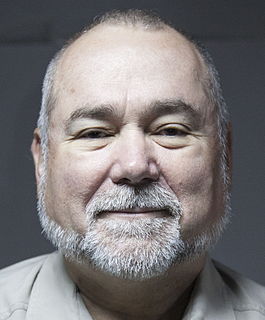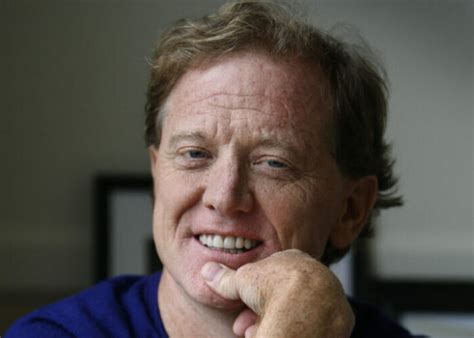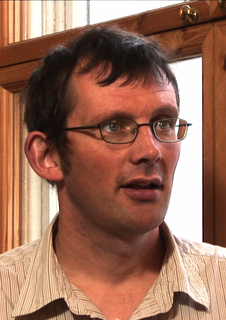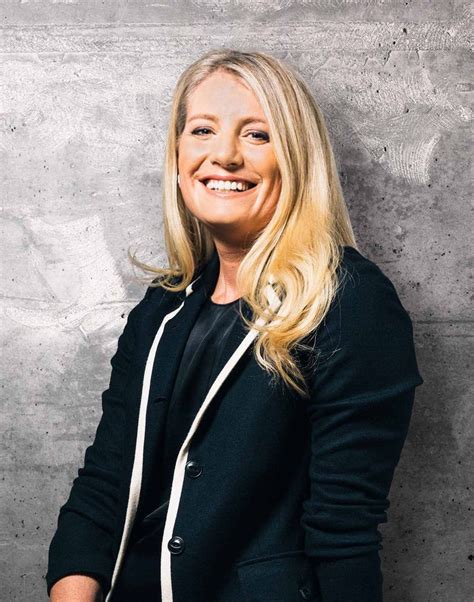A Quote by Jamais Cascio
Resilience is all about being able to overcome the unexpected. Sustainability is about survival. The goal of resilience is to thrive.
Quote Topics
Related Quotes
The idea of sustainability can imply there is one perfect, unchanging future, if only we could work out how to get there. Resilience might be more useful, in that it assumes a dynamic environment and that perfection is impossible. You need to design systems to accommodate failure rather than eliminate it. By trying to be perfect, many visions of sustainability are quite brittle
With resilience you are learning to be flexible and take feedback on how people are experiencing what you are building, you're listening to what your customers are saying, you're building these relationships, and making better decisions over time. That all really starts with that resilience and that willingness not to be perfect.





































